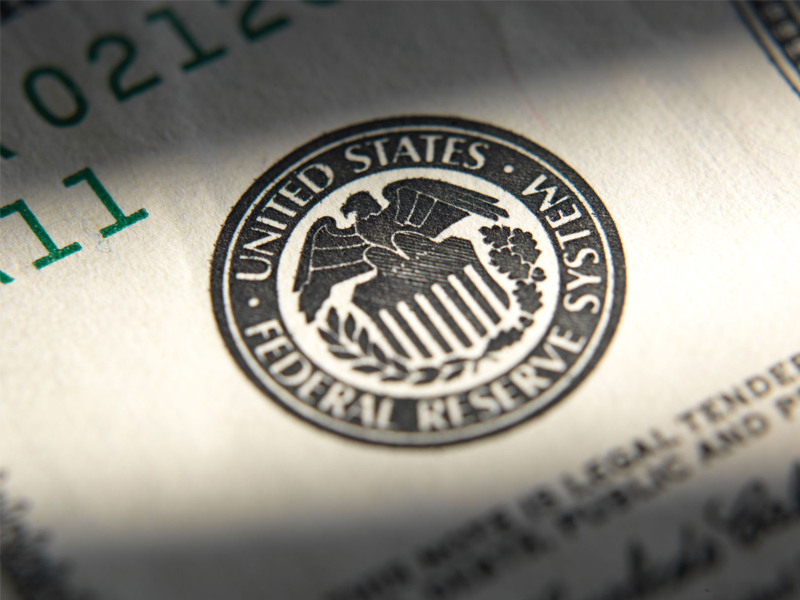
Advisors need to position their portfolios to weather the economic turmoil that will result from the aggressive fight against inflation.
In other words, advisors shouldn’t try to fight the Fed, agreed John De Goey, portfolio manager with Wellington-Altus Private Wealth, and Ahmed Farooq, senior vice-president and head of retail distribution with Franklin Templeton, speaking at the Inside ETFs conference this week in Toronto.
“Central bankers have told us that there is pain coming, and I am not really sure that everyone has really processed that fully,” De Goey said.
De Goey and Farooq offered three suggestions for supporting clients during these difficult markets.
Revisiting risk conversations
Many clients have demonstrated a relatively high risk appetite over the past decade, in part because of the strong performance of financial markets. As a result, many clients are biased toward optimism, “which is not necessarily a good thing considering the many economic headwinds they are facing,” De Goey said.
During these more challenging markets, advisors should revisit their clients’ risk capacity and risk tolerance, and check on how they’ve felt during recent volatility.
“If you are a well-seasoned advisor who has trained your clients to systematically rebalance their portfolios, and have had conversations on volatility with them, then the conversations are a lot easier than [for] a newer advisor who started after the financial crisis, went through Covid [and] saw the biggest, massive rally that we’ve ever seen in that year,” Farooq said.
Looking to low duration
As rates have risen, interest has grown in high-interest savings account ETFs. Such ETFs adjust their yields the day after an interest rate increase, which can be beneficial.
Other clients will prefer short-duration bond ETFs, Farooq said. And clients fearful of inflation may be interested in infrastructure funds, he added.
“In this environment, I’m more comfortable with very short-dated, liquid fixed-income securities,” De Goey said. However, he believes that most of the downside in bonds has already occurred and that future rate hikes announced by central banks are already being reflected in fixed-income prices.
“I think there is more pain to come, in all likelihood, on the equities side than there is on the fixed income side, from where we sit in October 2022,” De Goey said.
Tax-loss selling
Clients with investments in non-registered accounts that have experienced an unrealized loss can consider tax-loss harvesting, Farooq said.
Capital losses realized in 2022 can be applied against any capital gains realized in 2022, carried back for three years or carried forward indefinitely. (But clients should be wary of the superficial loss rules.)
In fact, getting the tax-loss selling strategy right is one of the four most important things an advisor can do to create value for a client, said Howard Atkinson, president and CEO of Pascal WealthTech, in another session at the conference.
Investment Executive is an Inside ETFs Canada media sponsor.